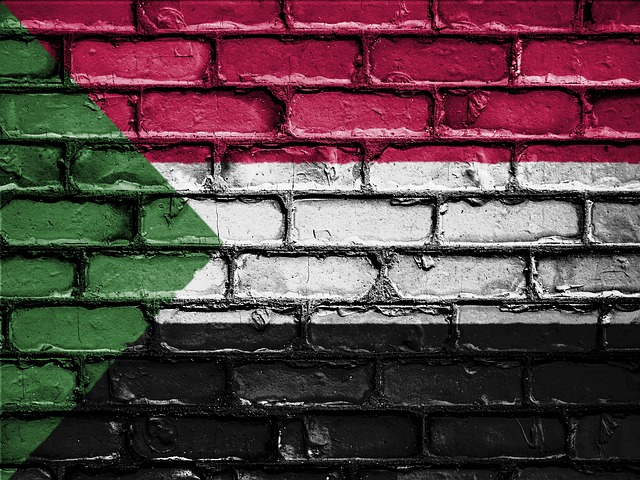
ProtectDefenders.eu’s partners have received very concerning reports of violence in Sudan against the broad peaceful movement that opposes the military coup of October 25, as well as reports of multiple arrests and attacks against civil society activists, women’s groups’ activists and human rights defenders (W/HRDs).
On October 25, 2021, Sudan military forces, led by General Abdel Fattah al-Burhan, seized power in Sudan. General al-Burhan and his forces dissolved the Sovereign Council, a joint military and civilian council that governed the country since August 2019, declared the state of emergency and arrested several members of the legitimate civilian authorities. The military authorities also imposed a complete Internet shutdown in the whole country, which is affecting, among others, civic space, human rights defenders, and women human rights defenders.
The internet blackout has increased the risks faced by WHRDs in Sudan and severely restricted their efforts of monitoring and documenting the violations committed by the military and security forces against human rights defenders and civilians in Sudan. Civic spaces have been completely closed, and restrictions in movement and communication are affecting civil society activists and W/HRDs amidst an unprecedented crackdown. The military coup leaders are targeting journalists, resistance members, union leaders, lawyers, students, and civil society activists.
Since the beginning of the coup, joint security forces violently repressed the demonstrations, using live ammunition, resulting in the death of tens of people. Dozens of women protesters were injured during the protests on 30 October 2021 due to the excessive use of force by the joint forces including police, Rapid Support Forces, and the military. Over 500 people have been injured in the country.
Numerous human rights defenders, women rights defenders, civil society activists, resistance committee members, government officials and politicians have been arbitrarily arrested and held incommunicado under the Emergency law, most notably in Blue Nile State and the Darfur regions, since October 25, 2021.
The military coup of October has jeopardized the fragile gains in press freedom from the revolution that ousted the autocratic Omar al-Bashir two years ago. The internet shutdown, the crackdown on journalists, the propaganda with the state media placed under military control have serious consequences for the freedom to report the news and access information.
In 2019, Omar al-Bashir’s ouster in a popular uprising ended three decades of dictatorship during which Sudan was one of the world’s most hostile terrains for journalists. The National Intelligence and Security Service (NISS) spearheaded the regime’s censorship, arresting journalists, shutting down newspapers, confiscating entire issues as they came off the press, and imposing red lines that could not be crossed with impunity. During the transition, control of news reporting was exercised in a less visible and more insidious manner.
The media have remained largely under the influence of the former regime, spreading false information on social media to undermine the transitional government. Launching new media outlets has been difficult because of the restrictive conditions and limited, in practice, to the government, political parties, and existing media companies. Women journalists occupy few media management positions and are often the targets of harassment and violence. Although the provisional constitution adopted for the transition guaranteed press freedom and Internet access, the draconian laws that the old regime used against the media were still in effect.


